
By Rev’d Fiifi AFENYI-DONKOR
When the Ghana Water Company shut down the Kwanyako Dam, over ten districts in the Central Region were left without water.
The closure was triggered by severe pollution from illegal mining upstream, which caused excessive silt and turbidity in the Ayensu River.
Families queued with buckets, schools struggled, hospitals faced crises, and livelihoods were disrupted as communities scrambled for safe water. This crisis underscores the urgent need to enforce environmental laws against illegal mining and protect vital water sources.
This was no accident. It was the bitter fruit of galamsey. When a nation’s children cannot drink from its rivers, when communities are robbed of water, the most basic gift of life, we face not just an environmental disaster but a moral and spiritual collapse.
“The earth is the Lord’s, and the fullness thereof” (Psalm 24:1). We are tenants, not owners. Galamsey is not only illegality; it is sin, an assault on creation, on neighbour, and on the future.
Creation Betrayed
From the beginning, Scripture charged humanity to “till and keep” the earth (Genesis 2:15). To keep is to guard, not to plunder. To poison rivers with mercury and arsenic, to strip forests bare, is to break covenant with God.
Christ commands us to love our neighbour as ourselves (Mark 12:31). What love is this that leaves poisoned water for children? What neighbourliness destroys the farmland that feeds us? Galamsey violates both law and gospel.
The True Cost of Silence
The destruction is already upon us:
- Health: mercury poisoning, kidney and liver disease, unsafe drinking water.
- Livelihoods: farmers lose fertile land, fishermen lose rivers, children abandon school for pits.
- Economy: Ghana spends millions treating polluted water while our international reputation suffers.
Galamsey does not enrich us. It robs us of our inheritance and mortgages our children’s future.
Justice With Mercy
The gospel demands both justice and grace. Justice must reach those who finance and protect galamsey, powerful figures who escape while the poor are punished. Yet mercy must be shown to those driven by poverty. They need alternatives: skills training, decent jobs, rehabilitation, and hope. And restoration must follow. Healing degraded lands, replanting forests, and purifying rivers is as urgent as punishment. Without restoration, justice is incomplete.
Law, Complicity, and the Bishops’ Alarm
Ghana is not without laws. The Minerals and Mining Act (2006, amended 2019), forestry regulations, and our Constitution (Articles 257 and 269) empower the State to protect natural resources. The failure lies not in the law, but in its enforcement.
Our contradiction is glaring. According to JoyNews research, using data from the Observatory of Economic Complexity, Ghana was the highest importer of excavators in West Africa, and the second highest in Africa, in 2023, spending around US$205 million. In 2024, the Lands and Natural Resources Minister revealed that Ghana imported excavators worth GH¢6.2 billion, placing them among the country’s top three imports by value.
What message do we send when we condemn galamsey but flood our markets with the very machines that fuel it? Excavators do not appear by accident. They are cleared at our ports, driven on our roads, and ferried into forest reserves. This is not ignorance. It is complicity.
It is in this light that the Ghana Catholic Bishops’ Conference (GCBC) has described illegal mining as a “cancer in our national soul.” The GCBC has urged government to declare a state of emergency in mining zones and around endangered water bodies, warning that galamsey “ravages our rivers and forests, poisons our soil, endangers public health, corrupts governance, erodes our moral fibre, and extinguishes livelihoods.”
Is such a call legitimate?
Article 31 of the 1992 Constitution empowers the President to declare a state of emergency in cases of:
- Natural disaster or calamity,
- Imminent danger to public safety or order, or
- A breakdown in essential services.
By these criteria, the Bishops’ call has constitutional grounding. Galamsey has already caused calamity by polluting rivers and destroying farmlands, endangered public safety through poisoned water and collapsed pits, and triggered a breakdown in essential services, most notably the Kwanyako Dam shutdown.
Caution, however, is essential. A state of emergency hands the government extraordinary powers, and history shows how easily those can be abused. In Ghana, these powers rest mainly with the President, who can issue executive instruments, restrict rights, and deploy security forces.
Parliament must approve the declaration within 72 hours, and emergency powers are limited to three months at a time. Ministers may be delegated authority, while the judiciary retains oversight and core rights remain protected.
Without these checks, such powers can be twisted to suppress dissent or entrench control. Used responsibly, a state of emergency could help tackle galamsey.
A Prophetic Witness
We cannot ignore the tireless work of journalists like Erastus Asare Donkor, who force us to see poisoned rivers and broken communities. His reporting is prophetic, holding a mirror to our national conscience.
But it is not enough to watch and weep. Action is required:
- Enforce mining laws without fear or favour.
- Ban mining in river bodies and forest reserves, no exceptions.
- Provide urgent livelihood alternatives for at-risk communities.
- Restore degraded lands and rivers.
- Demand transparency and accountability from public officials.
- Mobilise the Church and civil society to preach creation care as moral duty.
Conclusion
Galamsey is slow violence against God’s creation and Ghana’s children. It is a sin that poisons both our rivers and our conscience.
We cannot claim to love God while destroying His earth. We cannot claim patriotism while betraying our future.
To remain silent is to be complicit.
Rev’d Fiifi Afenyi-Donkor writes on the intersection of theology, ethics and civic responsibility.
The post Galamsey is sin appeared first on The Business & Financial Times.
Read Full Story

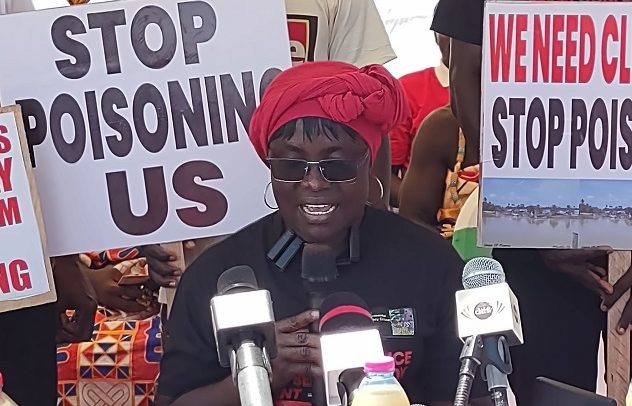
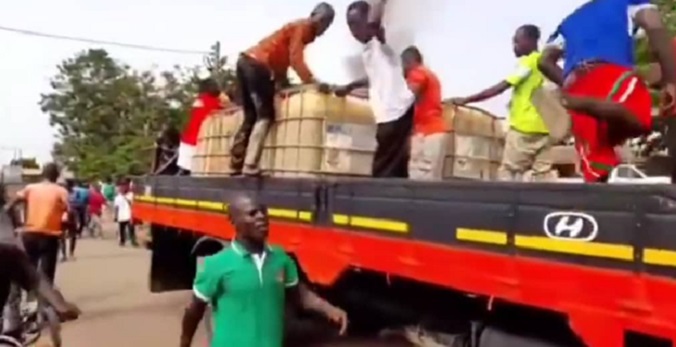

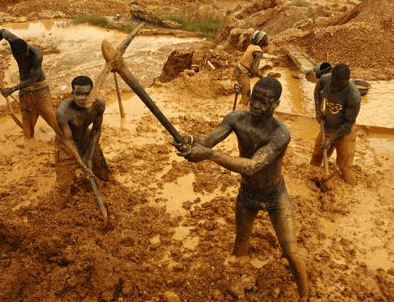
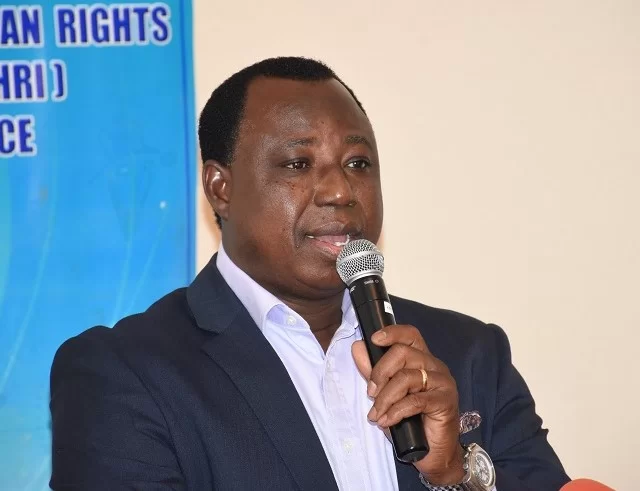






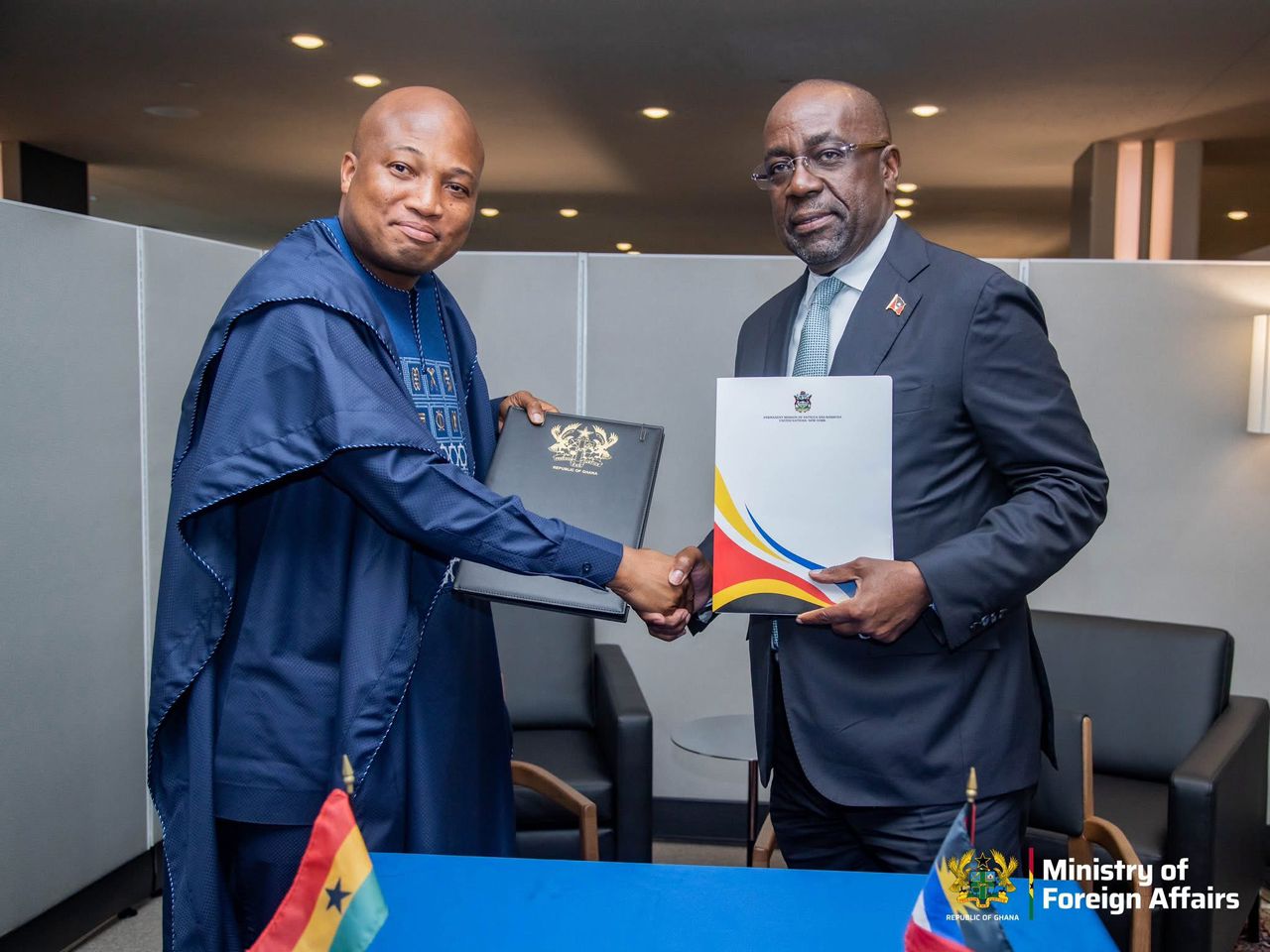




Facebook
Twitter
Pinterest
Instagram
Google+
YouTube
LinkedIn
RSS